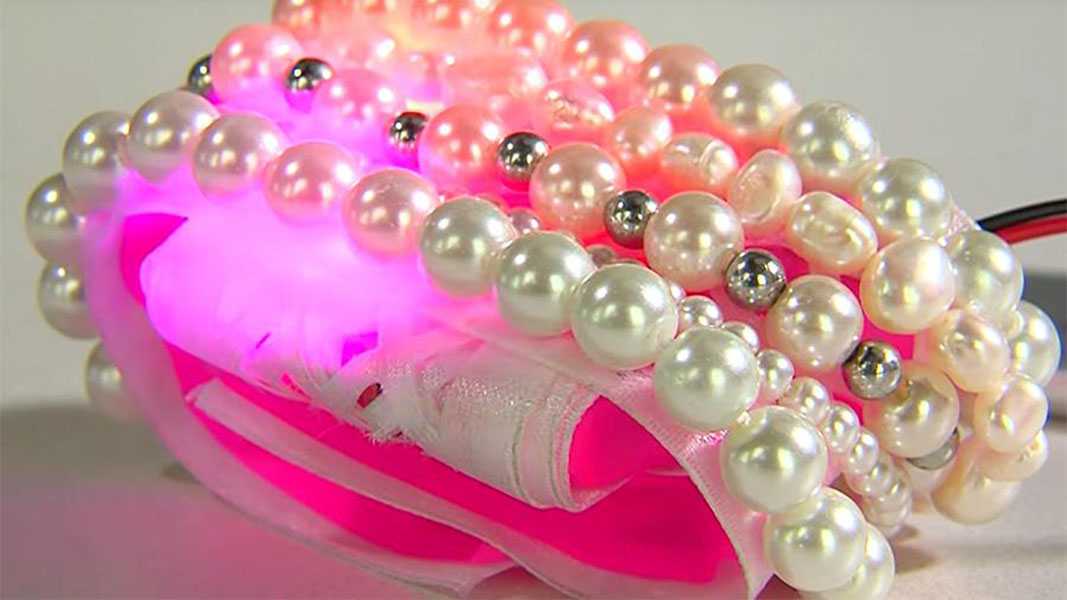NEWS
Automating personal safety with wearable smart jewelry

Researchers at the University of Alabama at Birmingham are utilizing technology to create a pragmatic solution for physical or sexual assault prevention.
"A major challenge to assault prevention is that, during an assault, victims often do not have an easily accessible way to call for help," said Ragib Hasan, Ph.D., associate professor of computer science in the UAB College of Arts and Sciences. "Whether calling 911 or using an emergency alert app or device, each of these tools requires users to press a button in order to call for help. That is often not possible while a violent act is taking place or if a person is unconscious as a result of the assault."
Under Hasan's direction, Jayun Patel, a master's student and graduate research assistant in the UAB Secure and Trustworthy Computing Lab (SECRETLab) has developed a smart bracelet to automatically detect physical assault and call for help.
The Smart Jewelry Bracelet, which is currently a prototype, uses machine learning and a multitude of sensors to analyze a user's movements in order to detect an assault as it is taking place. Upon detection that the user is in danger, it is programmed to emit a loud beeping sound and red strobe lights begin to flash in an effort to scare the attacker off and to alert other people who may be nearby. The device then connects to the user's smartphone via Bluetooth and instantly sends emergency messages and coordinates of the user's location to emergency personnel and a list of contacts predetermined by the user through a mobile app. The bracelet contains an Adafruit Circuit Playground, a small microcontroller equipped with a gyroscope, accelerometer, temperature and pressure sensors, GPS, and microphones.
The bracelet is an extension of Hasan's research, which is focused on wearable cloud technology, that if produced commercially could help consumers carry a lot of computer capabilities and sensibilities in everyday things, such as clothes, accessories and other things that we carry with us on a regular basis. All of the wearable technology designed in Hasan's lab is created with low-cost usability in mind so that it would be affordable for all consumers. The Smart Bracelet prototype cost less than $40 to create and can be made even cheaper if it is mass-produced commercially.
naked-science.ru





